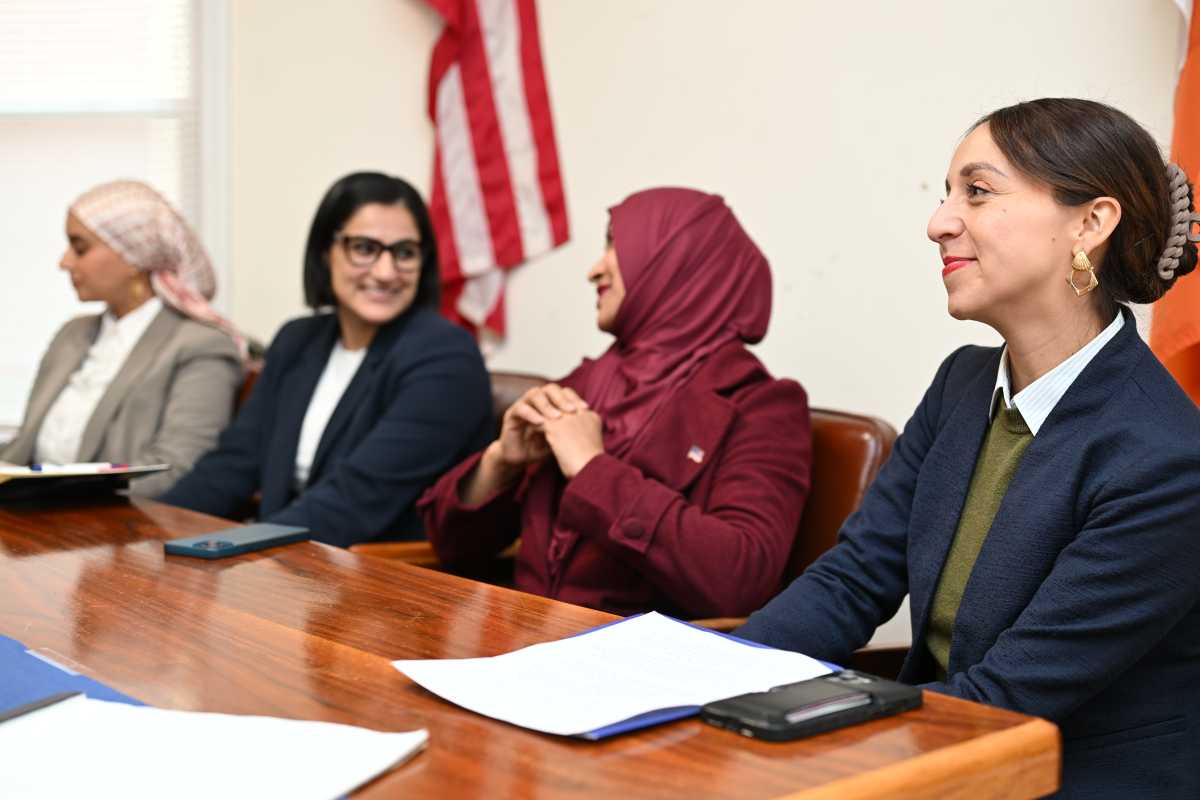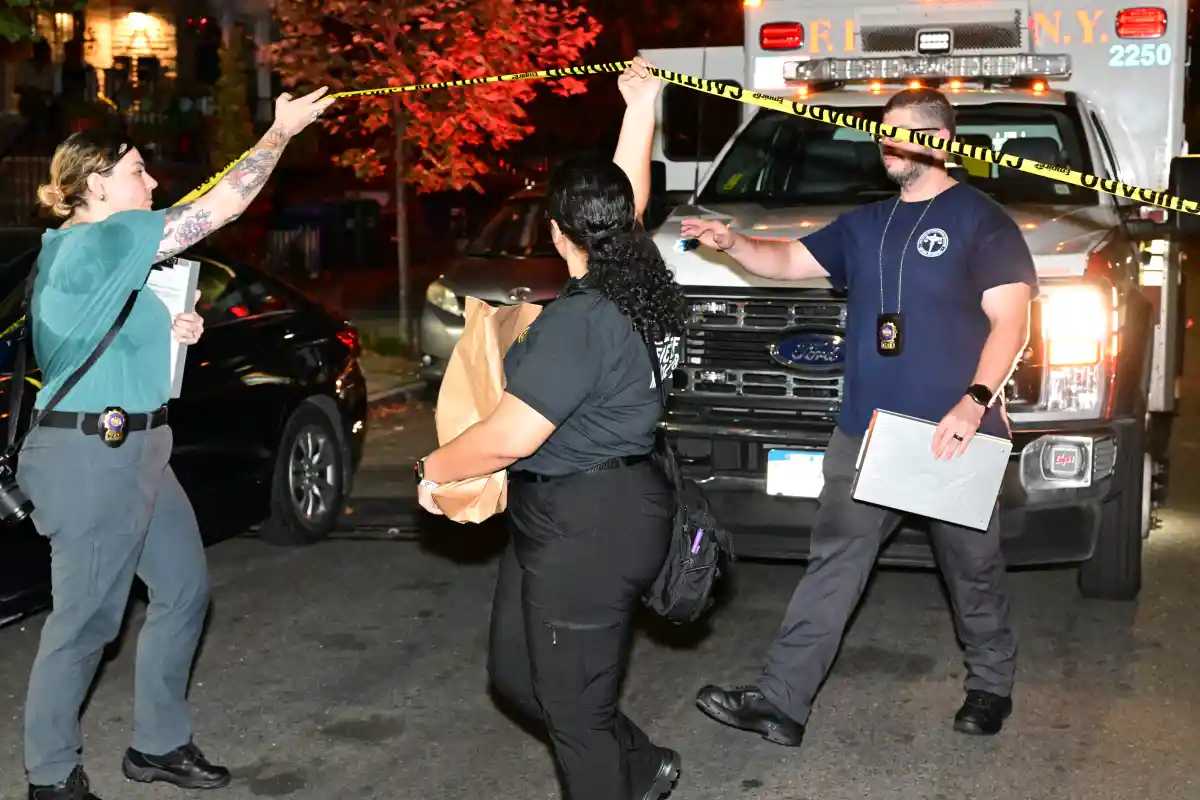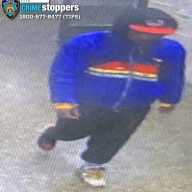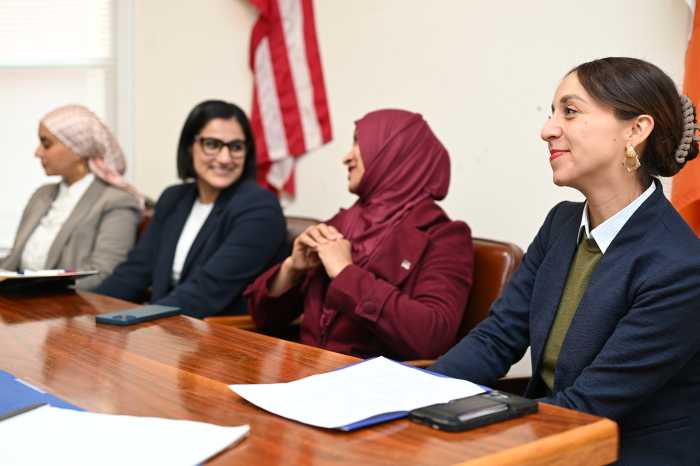Fifteen New York City children, some recently diagnosed with the novel coronavirus, have been hospitalized with Kawasaki Disease — an illness often provoked by an infection that causes inflammation of the blood vessels including coronary and cerebral arteries.
“I want to make sure that all New Yorkers are aware and we’ve put out a health alert letting healthcare providers know that if they see incidents of this new condition that we want to make sure to it’s reported immediately to our Health Department so we can identify what’s going on, how extensive it is and how to deal with it,” said Mayor Bill de Blasio during his daily coronavirus briefing on Tuesday.
The condition is rare in children. But parents should call their doctor’s immediately if a child experiences a fever, rash, abdominal pain and vomiting — especially if their child suffers multiple symptoms.
The children suffering from illness are between the ages of two and 15 years old, according to an alert released by the New York City Health Department on Monday night. The patients were identified by the city health officials between April 29 and May 3 after being hospitalized from April 17 to May 1.
Children with the disease usually suffer from a high fever for several days and can have very brightly colored lips and a bright red tongue, referred to as Strawberry tongue by physicians, according to Commissioner of New York City Department of Health and Mental Hygiene Dr. Oxiris Barbot who specialized in pediatrics.
All of the young patients suffered from fever and more than half suffered from a reported rash; abdominal pain, vomiting and diarrhea and respiratory symptoms were reported in less than half of them, according to the alert. None of the children have died.
Even so, Dr. Barbot reminded that Kawasaki Disease may cause serious, long-term cardiac issues.
“If the syndrome is not identified early, there can be long term consequences most commonly related to ongoing heart problems,” said Dr. Barbot on Tuesday.
The city Health Department is encouraging doctors to call the department’s provider access line 866-692-3641 to report any cases to see if this disease in an emerging trend.
“Often times we say that outbreaks are made and broken by astute clinicians that are paying attention in clinical settings, be it in their private practice, be it in emergency department or be it in an intensive care unit,” Barbot added.
Cases of Kawaski Disease have recently popped up in children in the United Kingdom and a very small number of cases have appeared in Philadelphia and Boston.
“We are not sure what to make of this yet,” said Barbot. “But like we have said several times in the past, we are still learning how COVID-19 behaves.”

































